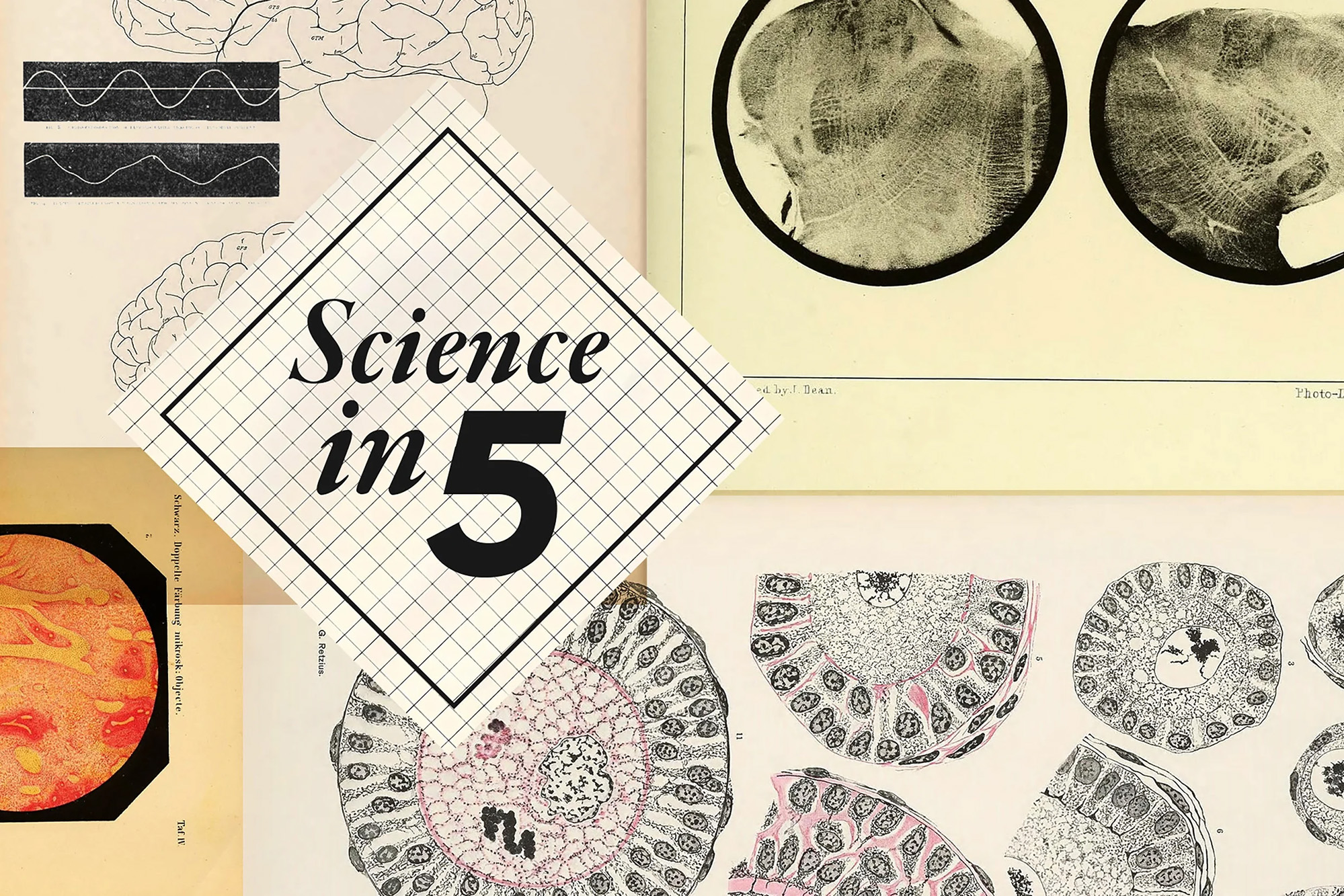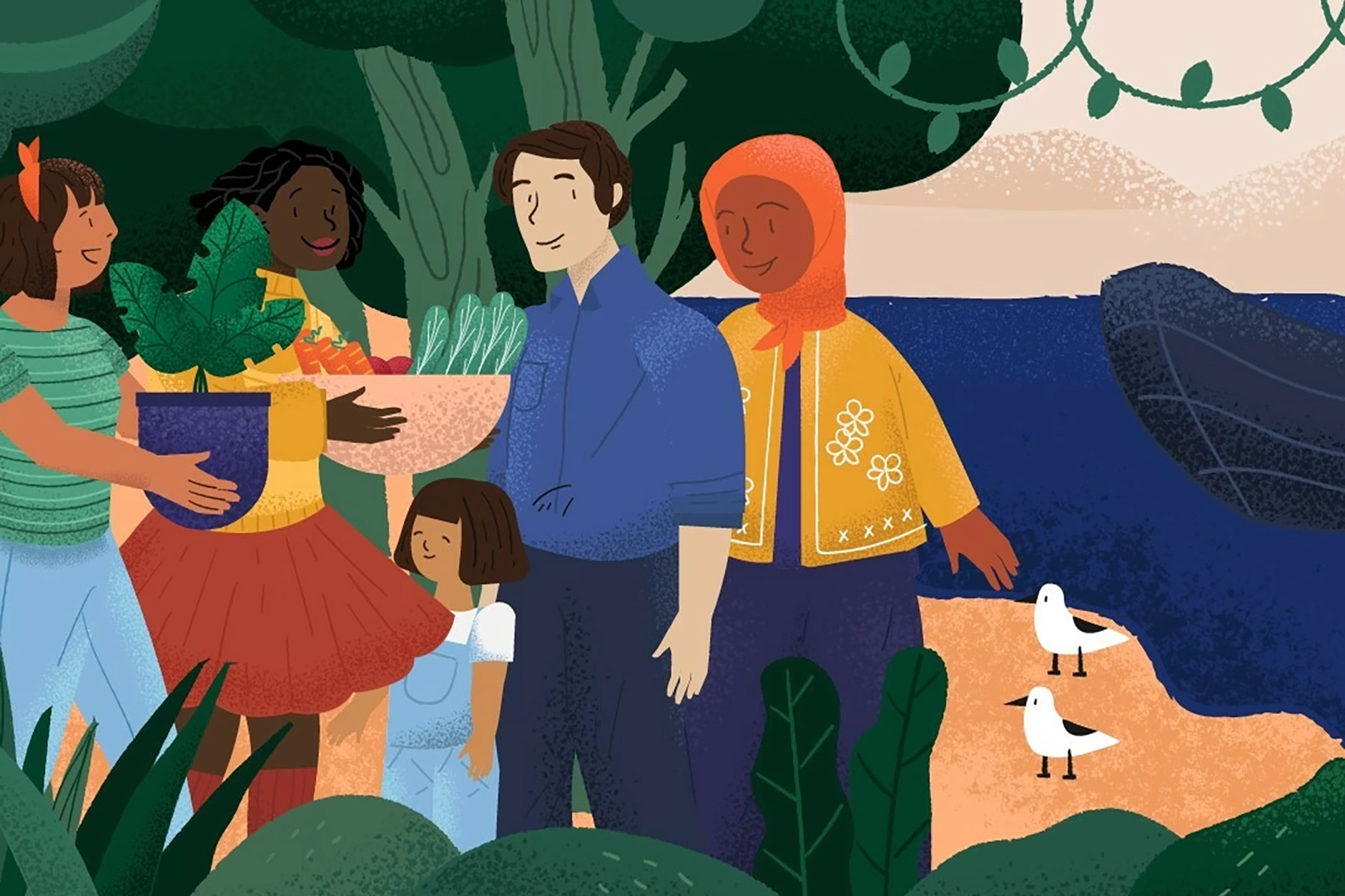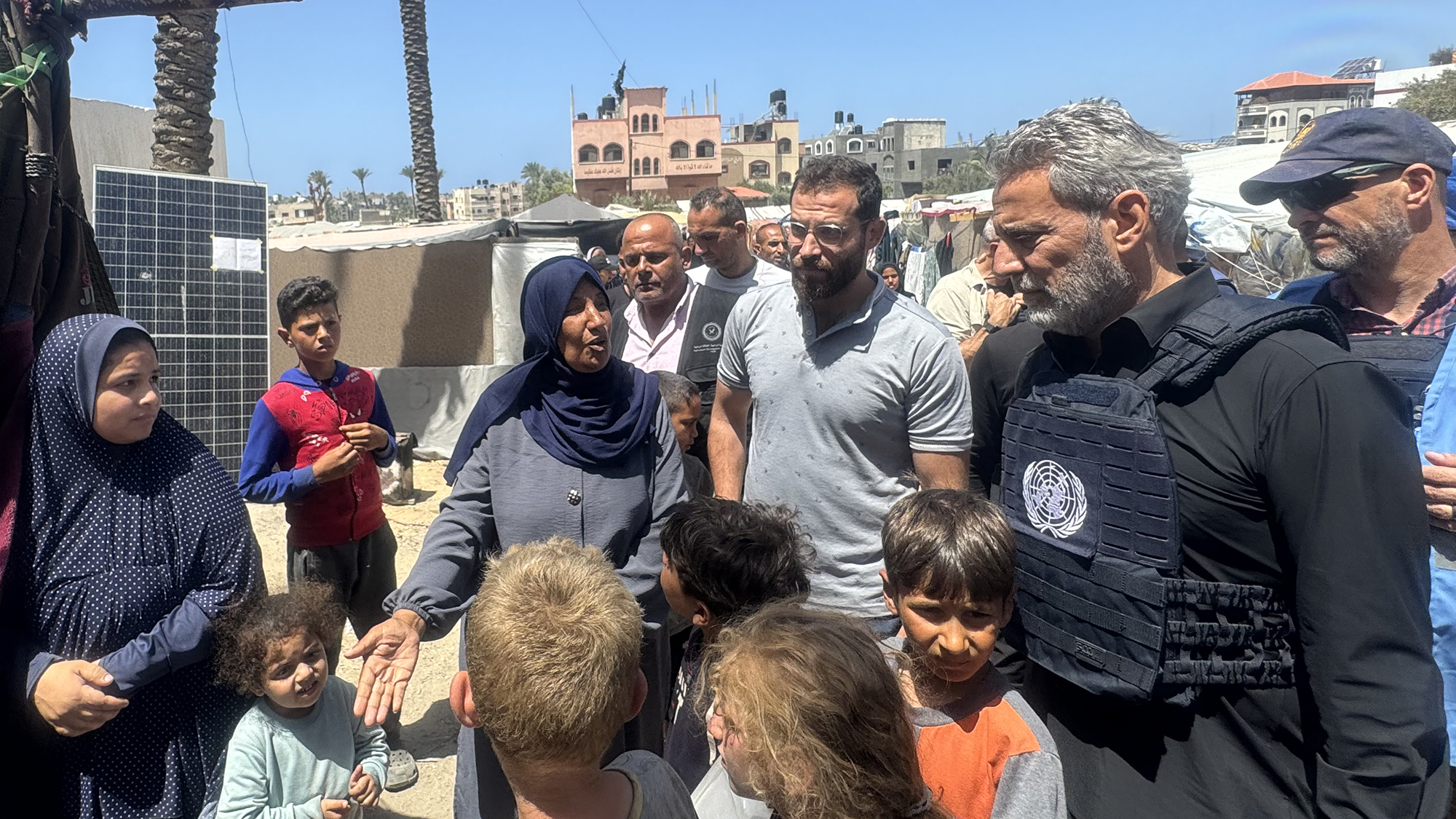October is breast cancer awareness month.
Breast cancer is the most common cancer globally, with around 2.3 million new cases every year.
It represents one in eight cancer cases in both sexes and a quarter of all cancers in women, with 70% mortality occurring in resource constrained settings.
It is the most common type of cancer among women, and most breast cancers are self-detected.
World Health Organization expert Dr Mary Nyangasi explains in this episode of Science in 5.














